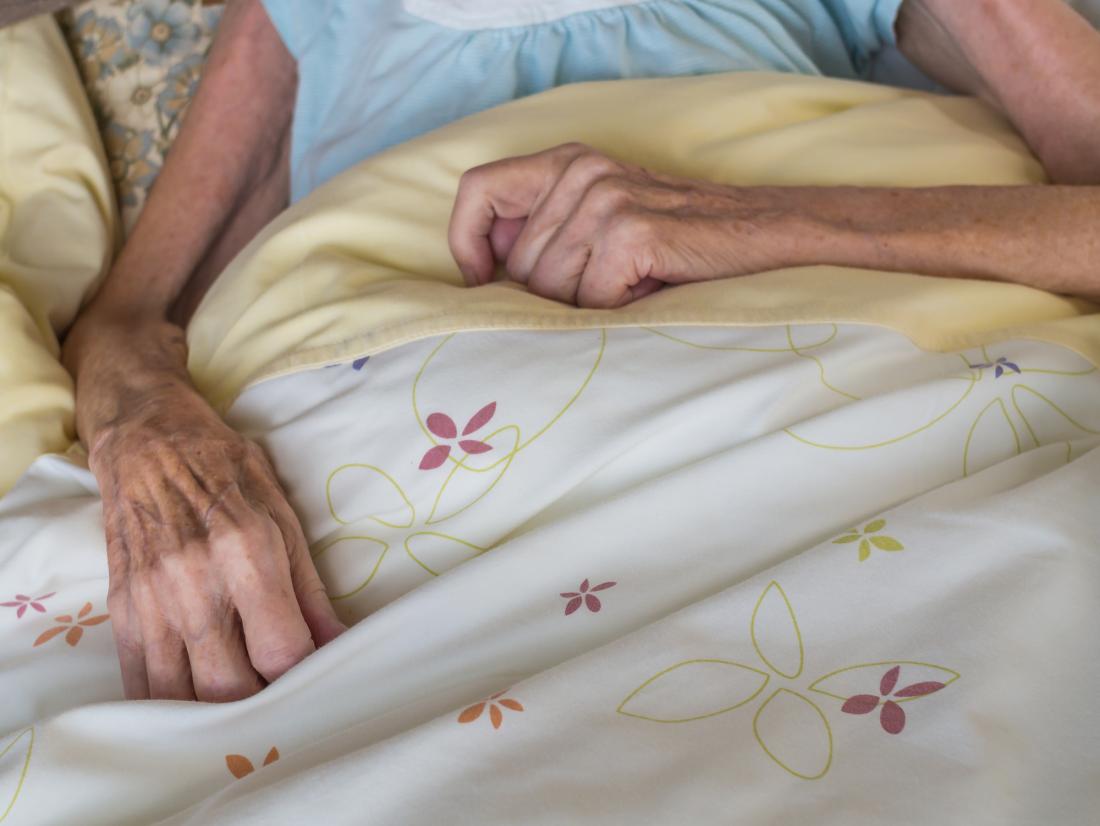Dieting may sound cool to some, but what many are unaware of is the dangers and side effects that come with it. People have their reasons to lose weight and diet, but what they fail to understand are the consequences that may occur if they don’t take their diet plans seriously.
People often begin dieting by reading the information provided on the internet. However, do they even understand whether, or not, their body would be able to handle it as per their existing health condition? These are a couple of crucial questions one must ask before starting a diet because some side effects of dieting can be very alarming.
Diets may feel good in the beginning.
One would feel highly motivated to shed those extra pounds and start noticing improved blood pressure and lower blood sugar, but then weeks later, you’ll see a drastic change in numbers.
According to research, most of the diets are highly restrictive, unsustainable, or unappealing. So, when one starts to follow a specific diet plan, the chances are that they may experience severe side effects.
Here are a few things that can go wrong when you’re dieting
1. Dehydration

According to Louis J. Aronne, an internal medicine and obesity specialist at New York-Presbyterian University Hospital of Columbia and Cornell, he says,
“When you restrict calories, carbohydrates, or both, the first source of energy your body burns – long before fat – is glycogen, he says. Glycogen is a form of carbohydrate stored in the liver and muscles, and attached to every gram is water.”
He further states that,
“On a lot of these three-day diets, people end up losing so much water they get dehydrated,” he says. Moreover, one may also experience symptoms such as headaches, fatigue, and dizziness.
2. Slow Metabolism
The metabolism rate will automatically drop once one has less muscle. Once the metabolism drops low, one would stop losing weight, which results in a slow metabolism even if they stop dieting.
3. Malnutrition

“Calories should be viewed as fuel, and if you view food in that manner, then drastically cutting calories means depriving your body of the fuel it needs to function,” Kirkpatrick says. For example, if one omits all calories from fats from their diet, their body would not be able to absorb fat-soluble vitamins such as A, D, E, and K.
4. Tiredness and low in energy

Since one’s eating less, they would feel tired, sluggish, and sleepy. More importantly, they might be skipping essential food such as red meat or beans that are rich in iron, which delivers oxygen to their body cells. If the consumption of iron is less, this will result in tiredness and lack of sleep.
5. Menstrual Irregularities
If you’re a female who’s looking forward to going on a diet, this is important. During dieting, since one eats less, your estrogen levels may drop, and your period may get delayed, or you may just miss them. In simpler words, some fat is necessary for your menstruation cycle, as said by dietician Faye Berger Mitchell.
So, what are your thoughts on this? Let us know in the comments below.
Stay tuned to Brandsynario for the latest news and updates.











































